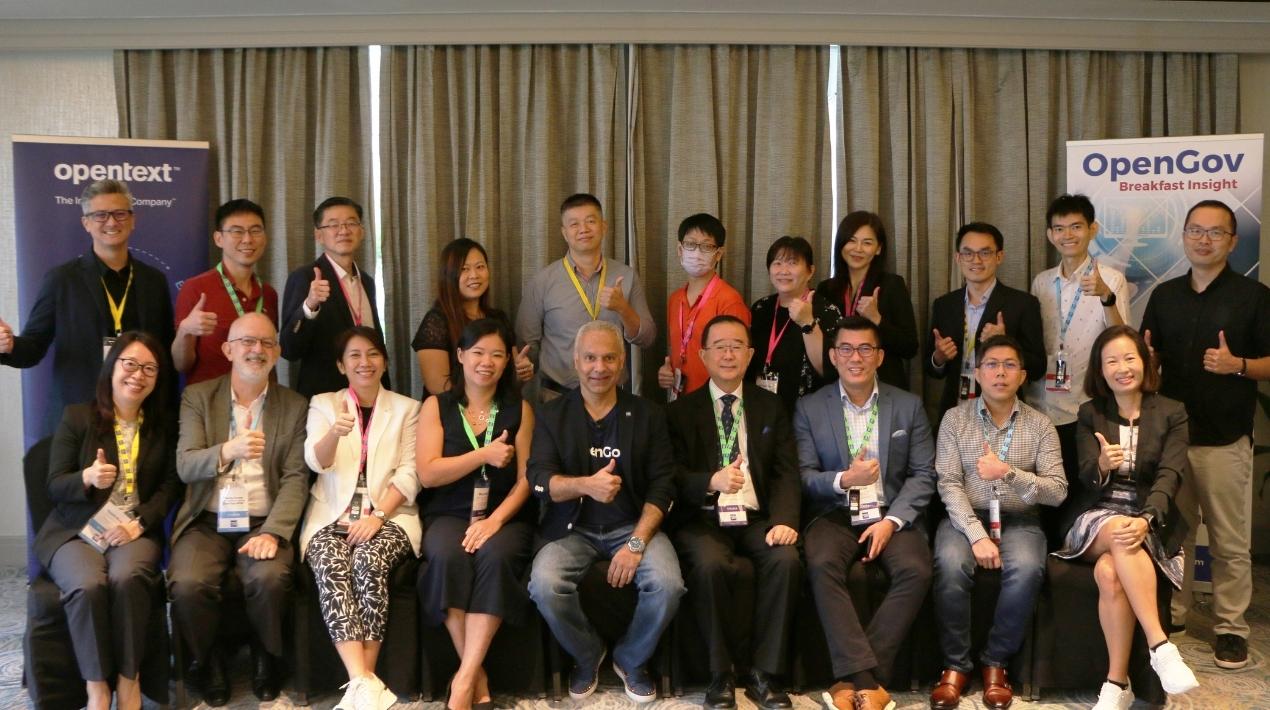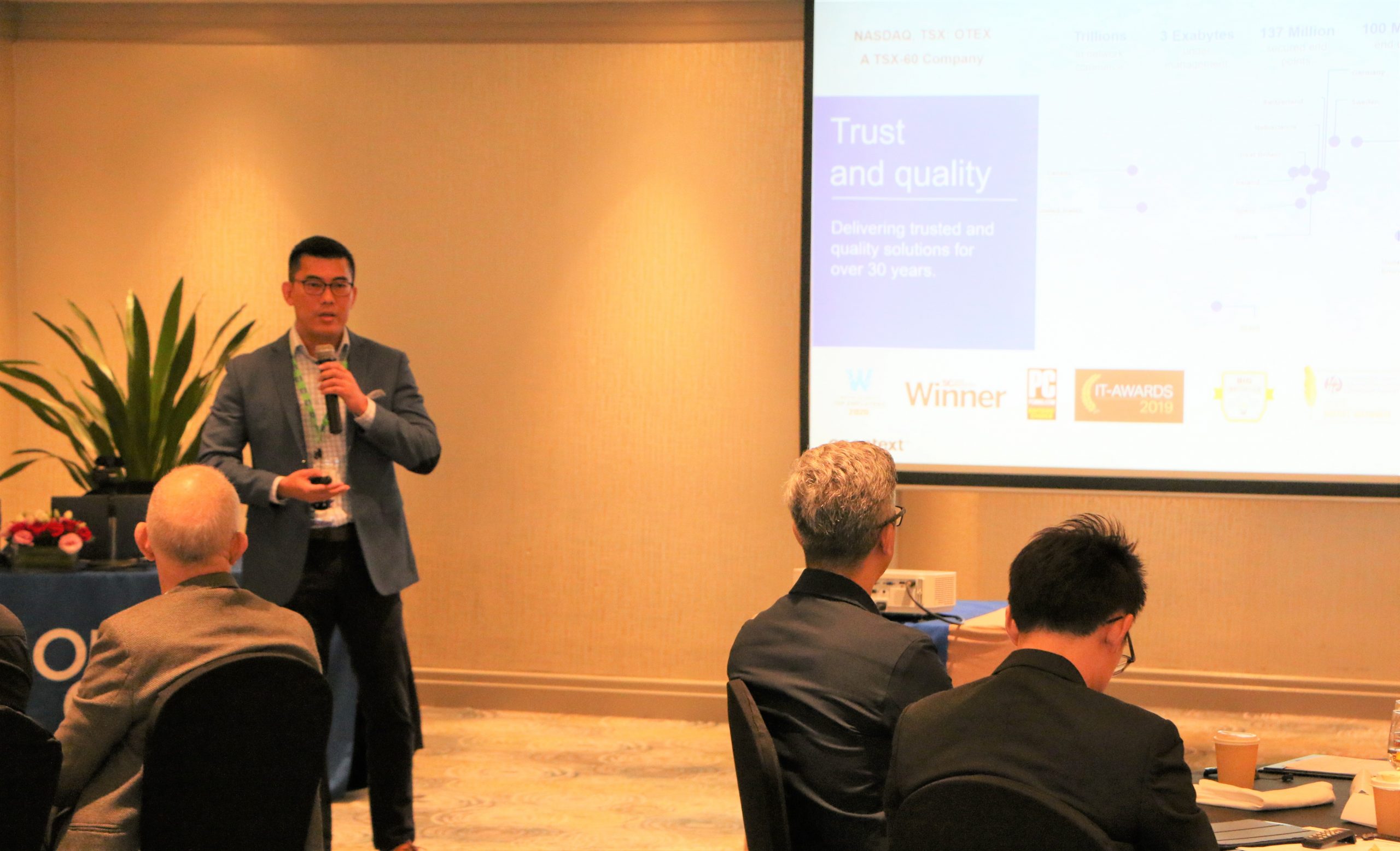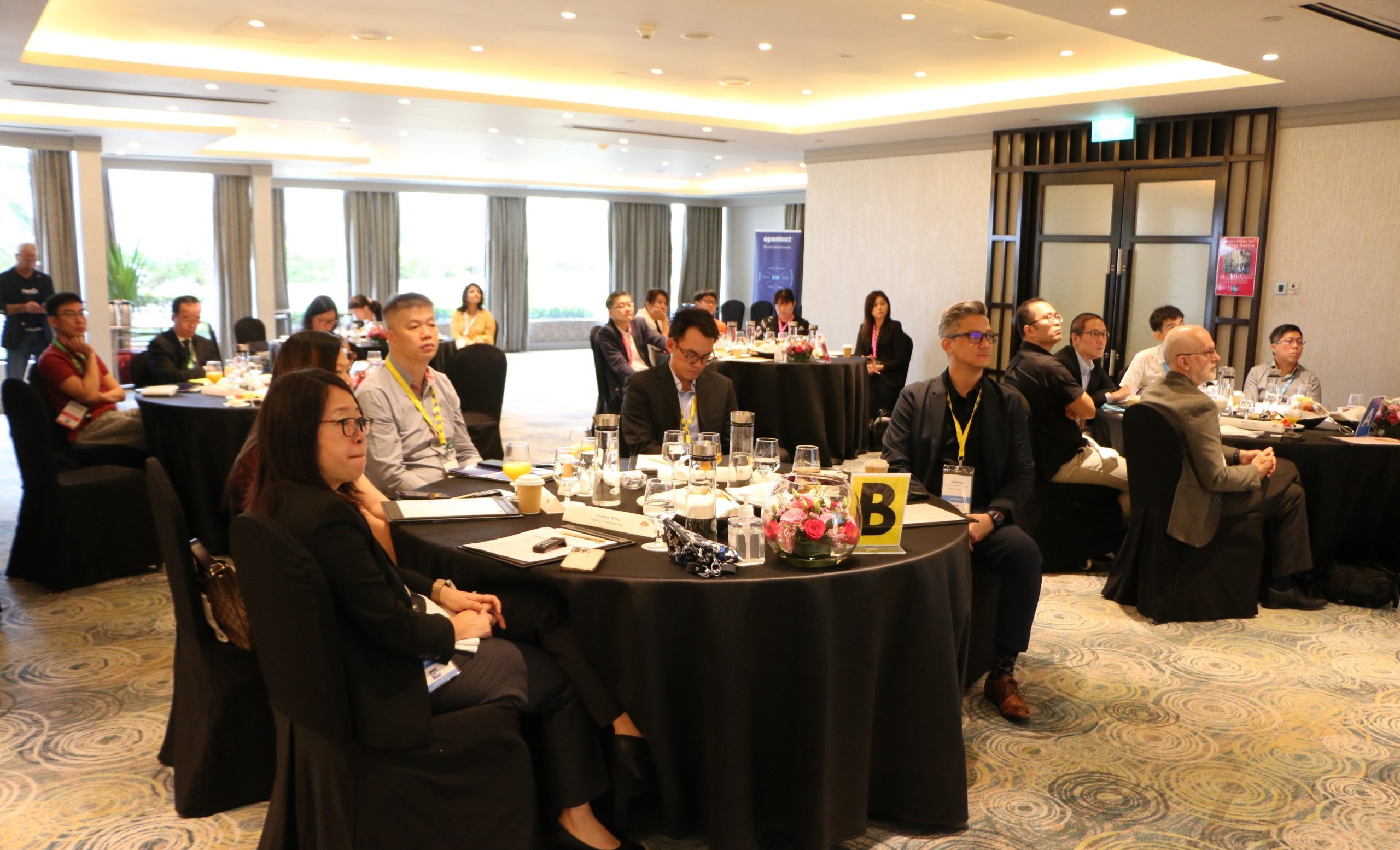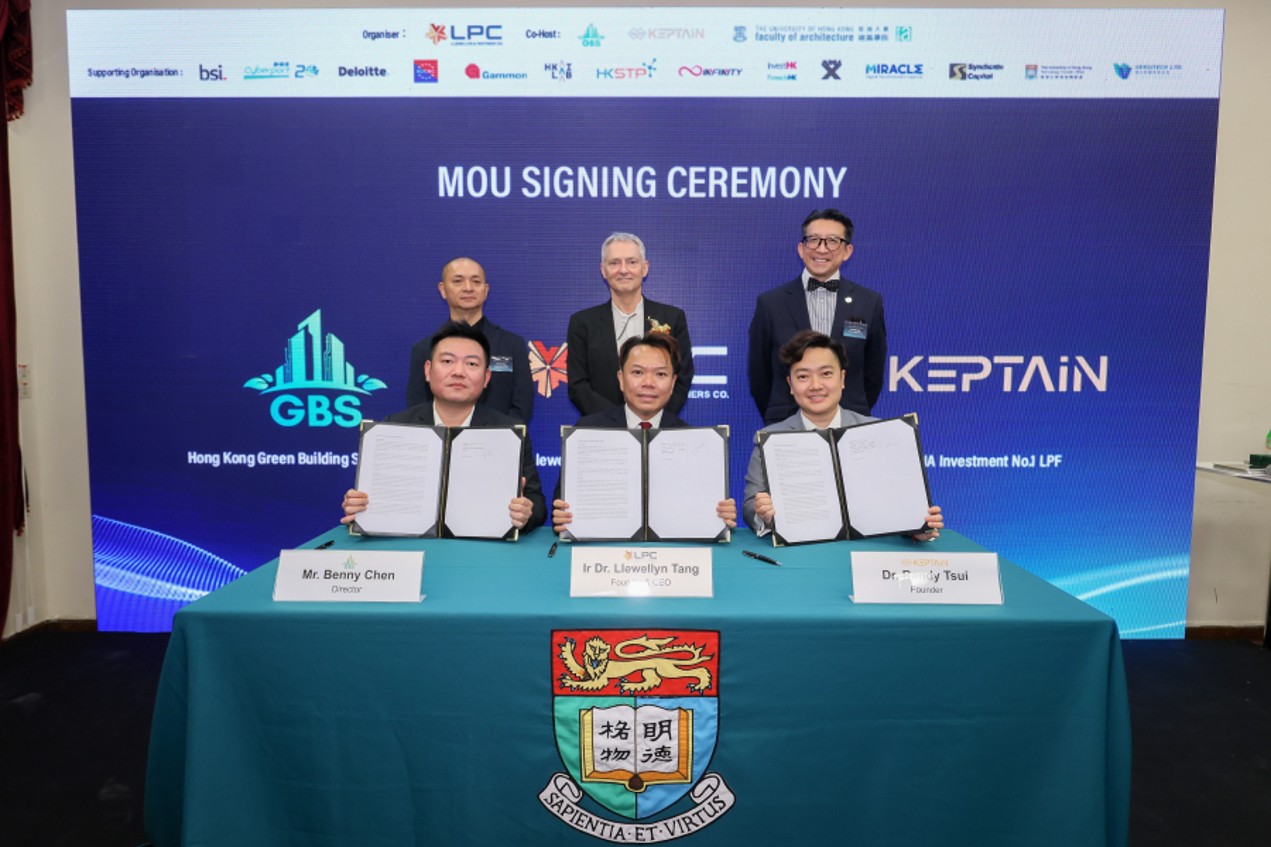
Data is not merely a significant component of the IT ecosystem; it is the cornerstone of operations in both the private and public sectors and expands and evolves rapidly. Hence, the strategies and strategies that organisations rely on to manage their data can generate new results, but they can also impede growth and innovation.
When it comes to modernising data infrastructure, organisations want to be sure that the technology they choose can produce value from their data while keeping it secure and compliant with regularly changing regulations.
Moreover, migrating to cloud-based platforms enables organisations to rapidly become data-driven, reducing costs and enhancing business outcomes.
Modern infrastructure is characterised by its adaptability and capacity to continuously and automatically assess and act on current, comprehensive data. It enables organisations to store any quantity of data at a minimal cost in open, standardised data formats.
It is not constrained by inaccessible data silos and enables users to conduct analytics or machine learning with their methods and tool. It also enables organisations to govern data access safely, thereby increasing public confidence.
Service providers can help organisations to achieve their goals through data infrastructure solutions. The flexible, contemporary architecture will increase efficiency, maximise security and streamline operations.
The OpenGov Breakfast Insight on 22 September 2022 at Mandarin Oriental Singapore offered the latest information management use cases to sustain trust in government and better serve citizens.
Citizen Engagement Builds Government Trust

Kicking off the session, Mohit Sagar, CEO & Editor-in-Chief, acknowledges that trust in public sector services must be developed through positive citizen experiences. It is essential for the government to upgrade its infrastructure systems to connect data, content and applications capable of enhancing the availability and security of information.
Organisations are struggling to capture and preserve the increasing amount of data that is being collected. In this context, a secure and private data management system that is interoperable and integrated is required by the government to collect data from all agencies as needed.
Concerns regarding the efficiency and productivity of the digital experience begin to develop as data volumes expand and information spreads across multiple systems. Because of obsolete technology and resources, governments struggle to improve their present systems and infrastructure.
Citizens’ services now require online forms of documentation as the norm. Public services save time and money by using a once-filled form since data is easily accessible and appropriately stored. In addition, citizens do not need to resubmit forms each time they require a service because they can reuse the e-form as is or amend data as necessary.
In the digital post-COVID-19 era, paper-based documents require a substantial financial investment and amount of storage. With the cloud movement of these papers, digital registers may be utilised more frequently. However, current government data handling poses several privacy concerns. Citizens are frequently unaware of how their personal information is handled and stored.
The government must consider proper data storage and avoid silos and repetitive data. Because of outdated technologies, data insight may be misinterpreted. As a result, the government must update its information management systems and protect the cloud.
To better all government services such as grants, permits, and licences, data management and storage innovation must progress. Advances in information management in the public sector help with decision-making. AI and other tools can analyse personalised data to create smarter, data-driven judgments.
The Information Advantage: Keeping Connected While Maintaining Data Security

According to Randy Goh, Regional Vice President, Southeast Asia, OpenText, because of COVID-19, the digital revolution has forced the world to alter at an unprecedented rate.
Organisations both in public and private sectors and the systems they are using are all tightly linked, requiring the management of massive amounts of data. As a result, verifying the quality, validity and legitimacy of all data has become more complex.
To address this issue, ICT must simplify the technique for obtaining “trust” in the digital world. Apart from the products and services with which customers have direct contact, trust in data, systems and those who handle them is becoming increasingly important.
People depend on how others process information and must be able to rely on how others process information, thus the information advantage is the competitive edge that comes from using the information to its full potential.
“Today, the cloud is where the information advantage resides. A new digital fabric that underpins all businesses,” says Randy. “ The information advantage offers organisations the ability to be intelligent, connected, and accountable.”
For 30 years, OpenText has been delivering trusted and quality solutions, “These two, simple, but powerful words are extremely important to us, and we know they’re equally important to the Fortune 1000 companies who use OpenText to manage information in their enterprise,” believes Randy.
OpenText, Canada’s largest software corporation is based in Waterloo, Canada, with regional offices in Germany, Tokyo, the United States, and Australia. With 53 offices worldwide, they provide global coverage for global enterprise customers. It has over 6000 trained and certified EIM professionals across customer support, managed services and professional services dedicated to unlocking information advantages for its customers.
 Over the past three decades, OpenText has assisted customers in the banking, insurance, manufacturing, healthcare, and public sectors with their Enterprise Information Management (EIM) journeys, according to Randy.
Over the past three decades, OpenText has assisted customers in the banking, insurance, manufacturing, healthcare, and public sectors with their Enterprise Information Management (EIM) journeys, according to Randy.
Equipped with industry-specific best practices and seasoned delivery and consulting resources, as well as our global and local teams in Southeast Asia, we have assisted numerous clients in achieving tremendous success with their EIM projects.
The most precious commodity in the digital economy is information. It assists clients in enhancing efficiencies, redefining business models, and transforming industries.
Organisations must utilise new technologies to unlock the power of information, become more Intelligent and Connected through automation and artificial intelligence, APIs and data automation, and increase customer, partner and employee engagement.
“EIM solutions manage the production, acquisition, application, and subsequent lifetime of structured and unstructured data, hence, OpenText EIM solutions are intended to assist enterprises in extracting value from their information, securing it, and adhering to the expanding regulatory requirements,” Randy ends.
The Information Advantage for Public Sector

Keith Nelson, Industry Senior Strategist, Global Public Sector, OpenText followed Randy’s presentation by elaborating more work the company does with the public sector using a diagram depicting a typical federal agency content flow.
The agency’s main office acts as a focal point from which formal agreements go to state legislatures, frequently via grants, and to other federal agencies via intergovernmental agreements. The agency employs both on-site office employees and remote workers in addition to operating regional offices across the nation.
Another content lifecycle is then focused on the grantees and contractors. The department’s regulated industry is also interacted with directly by citizens through benefit programmes or queries.
In 2023, it is anticipated that over 60% of governments will have tripled their digital services for citizens, but fewer than 25% would have integrated these services across organisational silos.
Improving Citizen Experience via the implementation of digital technologies appears to be the top objective for government organisations.
“Cybersecurity is inevitable. It is the determining factor in every data- and information-related decision made by government agencies. Without it, TRUST cannot exist, and without TRUST, citizen adoption of digital services cannot occur. It will affect both internal and external development and adoption,” says Keith.
He added that the future of government is changing and shared some statistics:
- Cloud: National governments spend 22% of IT budgets on Cloud
- Security: 39% of all data breaches target web applications
- Collaboration: Nearly half of the government employees will likely work remotely
- Digital Experience: New Visitors to Gov Portals Up 56%
“When you successfully utilise your information, you promote operational excellence and improved citizen experiences; you manage risk more effectively and produce greater insight,” Keith explains. “This is a cyclical pattern that returns increasing value as information management skills improve. You produce what we refer to as the Information Advantage.”
With dynamic citizen experiences, frictionless information interchange, streamlined risk management and process automation, cyber resilience, and a platform for innovation, OpenText provides the technology and skills needed for enterprises to anticipate and respond to change.
“When you connect content to digital business, you can remove friction from processes, boost employee productivity, and make governance and compliance easier. This gives your organisation a solid foundation for being resilient,” Keith explains.
Some of the works of OpenText such as: creating engaging omnichannel interactions by regularly testing, analysing, and reacting to new policies and customer feedback; providing many levels of protection to detect, prevent, examine forensically, and eliminate security risks; facilitating seamless information flow and compliance, and secure collaboration across the digital ecosystems of the public sector.
Horizontal technologies, like AI, analytics, the cloud, and automation, are used across OpenText to speed up transformation and make the company more resilient. “20 of 20 Federal Governments with the largest economies are OpenText customers including Governments of Canada, Japan, Germany, UK, Australia and the Kingdom of Saudi Arabia.”
In conversation with: Enhancing Government Services by Modernising Data Infrastructures and Providing Value to Citizens
 According to Prof Alex Siow Professor (Practice), School of Computing, National University of Singapore, government services must meet the same, if not a better, standard of quality as expected by the public as citizens are digital consumers; they interact with and conduct business daily online.
According to Prof Alex Siow Professor (Practice), School of Computing, National University of Singapore, government services must meet the same, if not a better, standard of quality as expected by the public as citizens are digital consumers; they interact with and conduct business daily online.
Citizens as customers are engaging with businesses that regularly reinvent themselves to anticipate the wants and needs of their consumers.
In addition, customers’ expectations for how they interact with the government will rise and change as they do in the business sphere. Hence, a digital government must transform to keep up with the change in expectations, and it must do more than simply add technology to existing systems and procedures.
Concerns regarding the effectiveness and productivity of the digital experience are fueled by the data’s rapid expansion. Due to obsolete technology and resources, governments struggle to update their current systems and infrastructure.
Organisations still struggle with gathering and keeping data, even though it is being collected in ever-increasing amounts.
Weng Wanyi, Director, Singapore Government Data Office, Smart Nation and Digital Government Office opined that the value of data from the public sector goes beyond the pandemic and into many other parts of society and the economy.
Since it typically relies on various registries with distinct goals, accessibility is a challenge for many governments, thus a more efficient information network can have a significant effect.
Customer-centricity is an essential indicator of digitally transformed enterprises. The leaders of such firms evaluate the customer’s perspective first and foremost, then coordinate internal and external procedures to alleviate pain points throughout the whole customer life cycle.
 “To create an effective digital transformation, you need the right people, processes and platforms in your organisation,” says Weng.
“To create an effective digital transformation, you need the right people, processes and platforms in your organisation,” says Weng.
Governments can create an interoperable and connected data landscape where data collected by any government entity are accessible where needed, where security and privacy are protected and where sufficient measures such as legal, technical, and organisational prevent data misuse to fully realise the potential of their data.
Building digital public infrastructure may accelerate the delivery of the digital goals to benefit everyone while encouraging inclusion and sustainable economies. However, there are still some issues involving organisations and governments, as well as programmes, rules, rights, and cultural practices.
With this, a Digital Public Infrastructure (DPI) with even greater potential for addressing existing societal difficulties and assisting in the mitigation of future ones can be created on the foundation of a Digital Public Good (DPG). These DPGs can be enhanced, altered and reused. They are versatile, resilient and easily shared.
These examples demonstrate the effectiveness of digital cooperation. Interoperable DPGs will combine and establish a safe, trustworthy, and inclusive infrastructure that facilitates the change of the entire society.
With a digital mindset of cooperation, sharing knowledge and finding sustainable ways to handle money, organisations already have the tools to build resilient digital inclusivity, while governments can improve their decision-making and exhibit accountability and transparency with the correct information management tools.
The public sector will be able to obtain insights from data to make more informed decisions for the economic and health benefits of citizens. Properly managing public sector information will assure its continued reliability and trustworthiness, as well as encourage the use and reuse of data by both public sector bodies and the public.
Enterprise content management solutions offer rapid access to information anytime it is required. Getting this actionable result will speed up and make clearer the decision-making process and add value to the data when it is turned into suggestions for change.
 The danger of data tampering or distortion can be reduced if the information is automated utilising solutions that follow governance and compliance norms while also reducing risk.
The danger of data tampering or distortion can be reduced if the information is automated utilising solutions that follow governance and compliance norms while also reducing risk.
Closing Remarks
Randy noted that each organisation had unique difficulties and solutions. He emphasises that information management is a critical method for alleviating the increasing constraints on governments to meet citizen demands.
Digital technologies may drive organisations’ growth; therefore, technology must fulfil the needs of organisations for them to reach a wider audience and build long-term relationships with their stakeholders.
By mastering information management methods, agencies will also be able to turn structured and unstructured data insights into actions and outcomes. Analytics and trends will hasten decision-making while producing information-driven, practical insights.
Randy appreciated the delegates for their helpful sharing and encouraged them to get in touch with him to discuss how OpenText could help them get started with their digital journey.
Mohit is convinced that many of the assumptions and tools on which organisations rely for decision-making have been shattered by the crisis. Yet for the restart, they will need to design a robust action framework in a highly uncertain environment.
“Digital and strategic collaborations benefit both the client and the organisation. The way they do business is changing, and new chances for creative cooperation are emerging,” Mohit asserts.
When it comes to dealing with digital transformation processes, a digital partner can be the pillar of strength. Partnerships will aid organisations, particularly the government sector, in a much broader and more sophisticated process since they possess the necessary expertise and experience. “Their assistance might prevent you from making avoidable errors, saving you time and money.”





















